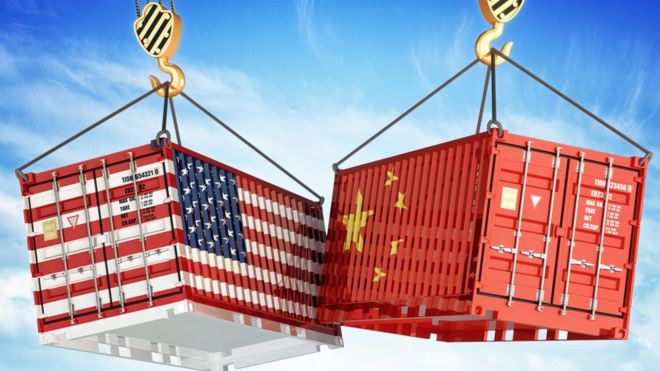State of the Economy & Supply Chain in 2024
The global economic outlook for 2024 is marked by a complex interplay of factors that shape the state of economies and supply chains worldwide.
From the lingering effects of the COVID-19 pandemic to geopolitical tensions and technological advancements, understanding the current state of affairs is crucial for businesses, policymakers, and individuals alike. In this blog post, we will delve into key indicators and trends, drawing insights from reputable sources to provide a comprehensive overview.

Global Economic Outlook 2024
The global economic outlook for 2024 shows a path of recovery, albeit with varying paces across different regions as we head into colder temps. And according to the International Monetary Fund’s (IMF) World Economic Outlook report (October 2023), the global economy is expected to grow at a rate of 4.9% in 2024. This, reflecting a rebound from the challenges posed by the pandemic. However, uncertainties persist, with factors such as inflation, trade tensions, and the effectiveness of policy responses playing significant roles in shaping the trajectory.
Source: IMF World Economic Outlook, October 2023
Inflationary Pressures
One of the prominent concerns in 2024 is the rise in inflation rates across many economies. Central banks, including the Federal Reserve and the European Central Bank, are closely monitoring inflation dynamics. The World Bank’s Global Economic Prospects report (January 2024) highlights the impact of supply chain disruptions and increased demand on inflation. This is urging coordinated policy responses to address these challenges.
Source: World Bank Global Economic Prospects, January 2024
Supply Chain Challenges
The intricate web of global supply chains has been under strain due to a variety of factors. From semiconductor shortages affecting the automotive industry, to disruptions in logistics and transportation, businesses face unprecedented challenges. The World Trade Organization’s (WTO) Trade Forecast (November 2023) underscores the importance of resilient supply chains and the need for international collaboration to address bottlenecks.
Source: WTO Trade Forecast, November 2023
Technological Innovations and Disruptions
Technology continues to play a pivotal role in shaping the economy and supply chain. The World Economic Forum’s Global Competitiveness Report (2023) emphasizes the importance of digital transformation for economic competitiveness. As businesses adapt to emerging technologies, policymakers grapple with the need for regulatory frameworks that balance innovation with ethical considerations.
Source: World Economic Forum Global Competitiveness Report, 2023

